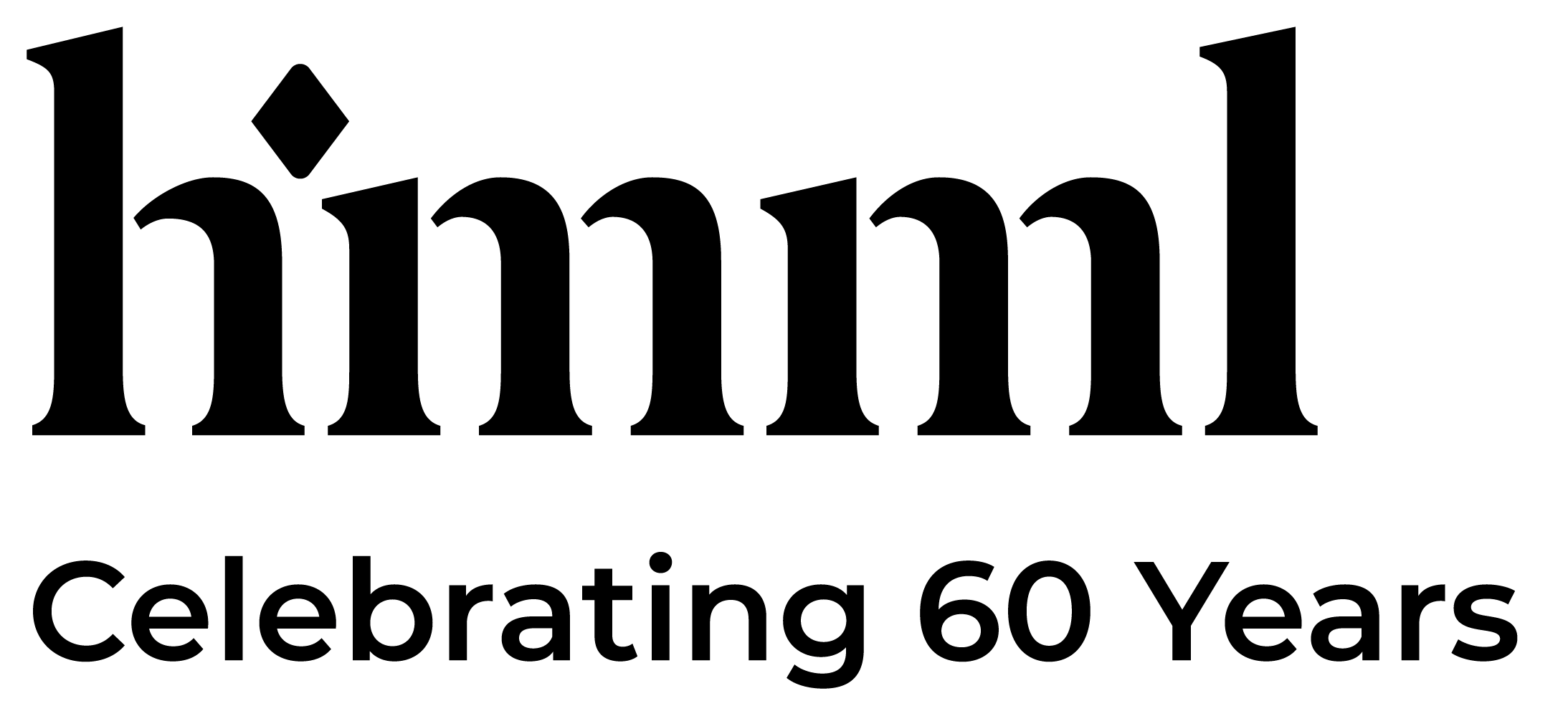Arca Artium. Rare Book And Manuscript Collection: HMML Repository
Arca Artium. Rare Book and Manuscript Collection
The Arca Artium (or Ark of the Arts) collection, owned by Saint John's University, has three main sections: c. 5000 rare printed books and manuscripts; c. 15,000 reference books; and several thousand works of art. Of these, over 40 manuscript codices have been preserved, as well as scores of manuscript fragments, and several rare printed books and incunabula.
- Collection
- Arca Artium. Rare Book and Manuscript Collection
- Country
- United States
- City
- Collegeville
- Repository
- Arca Artium. Rare Book and Manuscript Collection
- Project Codes
- AARB
- Project Numbers
- AARB 00001-00301; AAP0004-AAP5814 (numbers still being assigned)
- Type
- Digital
- Objects Preserved
- 212
- Active Catalog Records
- 197
- Digital Surrogates
- 212
- Date Preserved
- 2011-
- HMML Reading Room (sample record)
- https://www.vhmml.org/readingRoom/view/510544
- HMML Authority File
- https://haf.vhmml.org/organization/198576570436
- Languages
- English, Latin, French, German, Italian, Dutch, Greek, Arabic, Aramaic, Arabic Garshuni, Armenian, Church Slavonic, Coptic, Ge'ez, Georgian, Hebrew, Low German, Persian, Spanish, Syriac
- Related Collections
- HMML; SJRB
- Preservation Status
- In progress
- Cataloging Status
- In progress
- Rare Printed Books: books dedicated to liturgy, monastic studies, hagiography, art, architecture, and printing as an art; about one third of the collection consists of fine-printing examples from the 15th to the 21st c. Most of these are shelved according to the printer or principle book designer: Bruce Rogers, Eric Gill, Kelmscott Press, Golden Cockerel Press, Saint Dominic’s Press, Rudolf Koch, Frederic Goudy, as well as 16th-c. printers like Christopher Plantin, Simon Colines, and the Estienne family, among many others.
- Incunabula: more than 30 books printed in the 15th c.; includes works printed by Nicholas Jenson and other famous early printers, as well as a very early edition of the Rule of Benedict with commentary.
- Manuscripts: more than 40 codex manuscripts, including a 15th-c. Book of Hours; a monastic miscellany; a Coptic Missal (the Kacmarcik Codex); a Coptic lectionary; 20th-c. calligraphic manuscripts; liturgical and devotional books in Latin, Greek, German, and French
- Manuscript fragments: large collection of manuscript leaves and fragments in multiple languages, including Latin, Spanish, Arabic, Turkish, and Armenian
- The Shafer Collection: Donated by Robert and Ellen Shafer, these include fine-press books, chiefly from the early 20th c.; several are volumes by W.B.Yeats, printed by the Cuala Press (run by Elizabeth Corbet Yeats); also early editions of works by James Joyce and Eric Gill.
- Jones Collection: books related to the fine-press movement in the 20th c.
Arca Artium Rare Book and Manuscript Collection
The Arca Artium collection consists of three major components: the art collection, the rare books/manuscripts collection, and the reference collection. The donor, Frank Kacmarcik, OblOSB (1920-2004), gathered these materials as a research library to inform his own work as a graphic designer and liturgical consultant. Thus, materials in one collection often relate to materials in another. About two-thirds of the titles in the Arca Artium Rare Book and Manuscript Collection were printed in the 19th and 20th c., chiefly examples of fine printing. Nonetheless, there are still over 300 titles from the 16th c.
Noteworthy printed works in Arca Artium include the 8-volume polyglot Bible published by Christopher Plantin (1569-1572), the Genoa Psalter (1516), as well as Bibles designed or printed by John Baskerville (1763), Bruce Rogers (1935), the Doves Press (1903-1905), Barry Moser (1999), and many more from the 15th to the 20th c. Two particularly impressive 15th-c. examples come in three volumes of the Glossa Ordinaria (Bible with the ordinary gloss) from 1480 and in the first octavo Bible (1491). The collection also includes numerous important printed Bibles from the 16th c., including Greek/Latin New Testament editions by Desiderius Erasmus (1519) and Theodore de Beze (1565), as well as the famous Ostrih Bible (1581).
